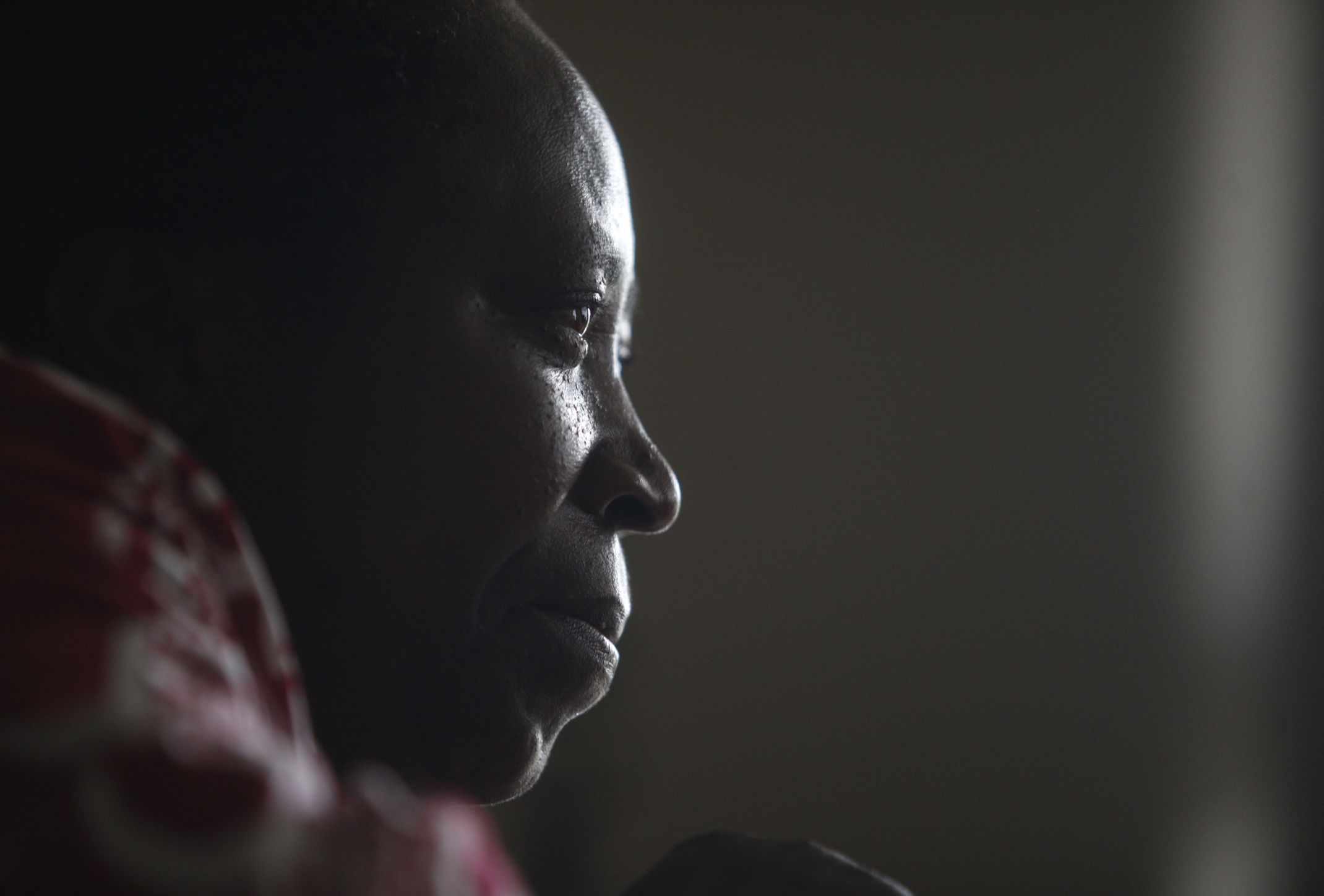They survived a genocide in their homeland of Burundi, only to spend decades living in refugee camps in neighboring Tanzania.
The lucky ones were accepted for resettlement.
In the five years since dozens of Burundian refugees arrived in Chattanooga, there have been weddings, births, deaths and graduations.
"There have been a lot of great things and a lot of struggles," said Shonda Caines, a volunteer from East Ridge Presbyterian Church.
The Burundian women's first trip to Walmart lasted more than three hours. Inside they would hold a pineapple and ooh and ahh over it. They examined the different kinds of clothes, puzzled over the canned vegetables and the microwaveable everything.
A few months after they arrived, they laughed when talking about how they were putting cans inside the refrigerator and leaving the packaged meat out, not knowing what went where.
The goal of the resettlement program is to foster self-sufficiency, but when dealing with refugees who have hardly known a normal life, success is subjective.
Having come from a place of survival, where there's a lack of trust, seeing them relax is in itself a form of self-sufficiency, Caines said.
The Burundians have come together to support one another and their new friends. When Caines had surgery, they visited her at home and gave her a get-well card and money they collected.
They stood around her in a circle and prayed and sang in their native Kirundi.
That's a long way from the beginning, when it was pretty much every man for himself, she said.
Then there are the outward signs of progress.
Some refugees got driver's licenses and bought cars. Some moved out of College Hill Courts, the subsidized public housing where they initially lived and where some fell victim to crime.
A couple of the families helped build their Habitat for Humanity homes where they now live.
Rosemary Nyabenda was born and raised inside a refugee camp in Tanzania with little access to education. In Chattanooga she said she learned to read and write enough in her own language that she can now read the Bible for the first time.
The younger refugees have had an easier time adapting. Their ambition for a better life was clear from the beginning, said Pierre Nzokizwa, a fellow Burundian and a French professor at Southern Adventist University.
"They started looking for opportunities for better housing, to buy a car, for better schooling for their children," he said. "But the older people are severely depressed."
At one time, Caines' church helped nine Burundian families, many of whom have left for other states like Texas or Illinois in search of better jobs and opportunities.
Some older refugees, men and women in their 60s and 70s, suffer from depression or alcoholism that has only been exacerbated by their inability to connect with others.
In Burundi, old age begins at 40 and life expectancy is 60.
Despite the challenges, most of them say they wouldn't go back. Too many bad memories, too overwhelming is the life they left behind.
America is home now, they say.

